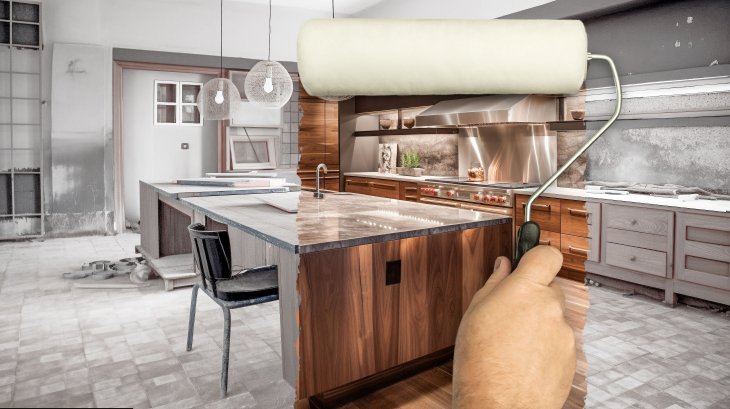If California is the land of sunshine and optimism, then seasonal depression just doesn’t make sense—or at least that’s what people think. But the truth is, mental health doesn’t care about how many palm trees line your street or whether you can wear sandals in December. Californians struggle with seasonal depression just like anyone else, and in some ways, it can actually be harder to recognize and deal with here. When the outside world looks perfect but your inside world feels cloudy, it creates a unique kind of emotional whiplash. Let’s talk about why seasonal depression is still a serious concern in California, and what people are doing when traditional strategies fall short.
Why Basic Coping Skills Sometimes Don’t Cut It
In most parts of the country, people expect to feel a little off when it’s dark at 4 p.m. and the sidewalks are buried in snow. But when you live in California and still feel the emotional weight of seasonal depression, it can be confusing and frustrating. That’s where the usual recommendations kick in—more exercise, getting outside during daylight hours, watching your diet, and trying to stay social. These are the everyday coping skills that mental health professionals often recommend to help manage seasonal shifts.
And yes, these tools can help. Spending time outdoors, sticking to a routine, limiting screen time, and making sleep a priority are good practices no matter what you’re going through. But what happens when the basics stop being enough? That’s where many Californians get stuck. The sunny backdrop makes it harder to admit something deeper might be going on. The pressure to be fine—because “look how beautiful everything is”—can silence the real need for more serious support.
Why a Fancy Mental Health Facility Might be Just What you Need
Here’s the heart of it. When your coping skills aren’t moving the needle and your symptoms are affecting your work, your relationships, and your ability to function, it’s time to get serious about treatment. And that doesn’t have to mean sterile clinics or rushed appointments. California is home to some of the most advanced mental health centers in the country. For those who really want thoughtful, deeply personalized care, finding a fancy mental health facility might be the best decision they’ll ever make.
These luxury facilities offer a totally different experience than what most people imagine when they think of mental health treatment. It’s a focused, upscale environment for individuals working through trauma, anxiety, depression, eating disorders, and more.
The thoughtful, individualized care combined with a comforting environment allows people to step out of the day-to-day noise and focus on their mental health with clarity and care. And in a state where the pressure to be “always on” is intense, that kind of intentional space can be life-changing.
When Everyone Else Looks Like They’re Thriving
In California, where people seem to live on their beaches, hike before breakfast, and launch startups from their laptops in rooftop cafés, there’s a subtle message that if you’re not thriving, you’re doing something wrong. That’s hard to carry when you’re waking up with no motivation and can’t figure out why your mood keeps dipping. Seasonal depression brings a fog that clouds perspective, and in a culture of curated perfection, that fog feels even heavier.
The comparison trap is one of the most psychologically draining aspects of modern life, especially in sunny states where the “vibe” is always supposed to be good. It tricks people into silence, making them think they’re the only ones who can’t snap out of it. That silence, in turn, delays them from getting help—and the longer the delay, the more difficult recovery becomes.
The Role of Weather—Yes, Even in California
While most of the state doesn’t experience blizzards or subzero temperatures, the shorter daylight hours still have an impact. People naturally spend less time outside during the winter months. Even if it’s still relatively warm, there’s something about the shifting light that affects energy, mood, and sleep. These subtle changes can influence your body’s internal rhythms, even if you’re not consciously aware of it.
Sleep disruptions, in particular, are one of the early signs of seasonal depression. Maybe you start staying up too late, or your mornings feel heavier and harder to face. That groggy, disconnected feeling lingers longer than usual. Even though California isn’t gray and overcast all winter long, the seasonal impact is real—and so are the mood swings that come with it.




















